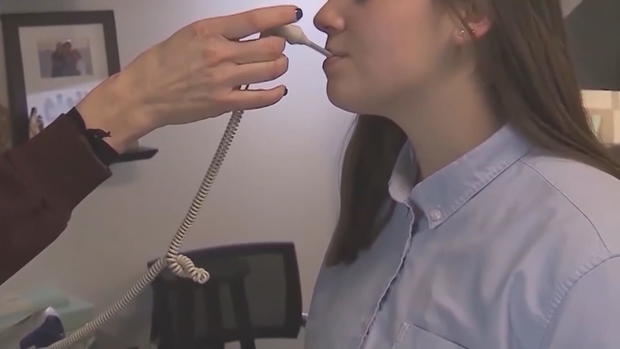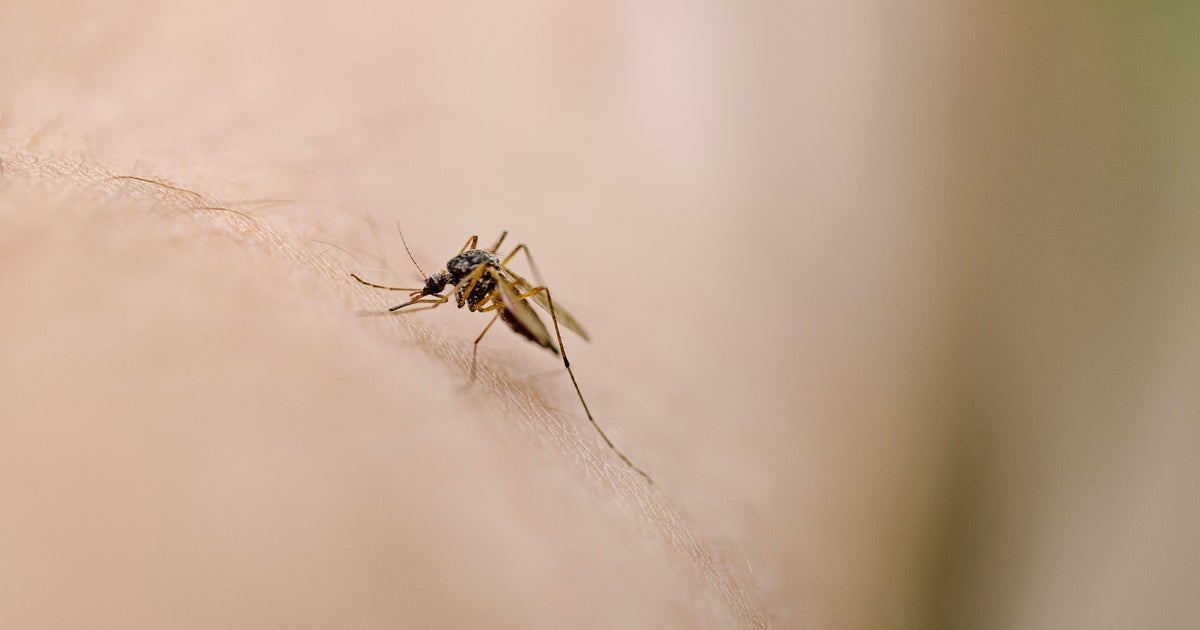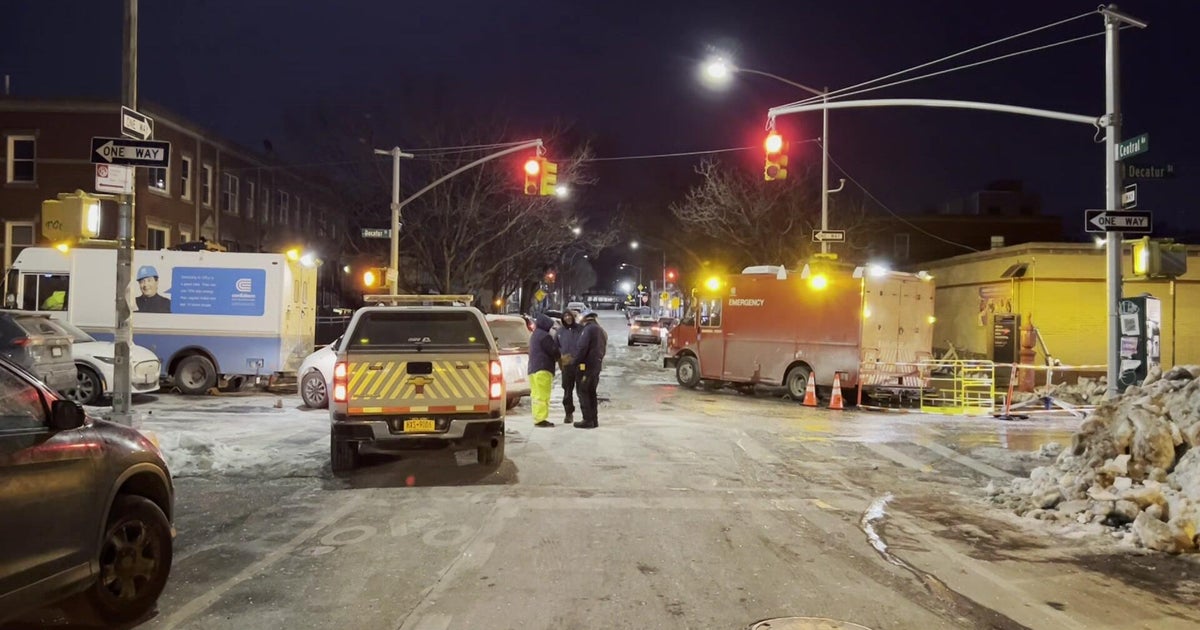Flu Symptoms Could Be Worse Than COVID Symptoms Right Now In Colorado
GREELEY, Colo. (CBS4) – For the first time in decades Colorado residents have experienced a dramatic spike in COVID-19 cases during the spring, outpacing the number of infections during the standard flu season in the middle of the winter. According to data from UCHealth, Coloradans saw the flu season peak between the end of March and mid-April when typically the peak happens around January.
"This is the strangest flu season I have ever seen," said Dr. Michelle Barron, Senior Medical Director of Medical Prevention for UCHealth.
In a chart provided by UCHealth, the 2021-2022 flu season compared to previous years shows a stark difference in the timing of the surges. In the past few years, the peaks typically begin in December and are on the decline by mid-February. However, while Colorado did see cases during those months, the height of the flu season was clearly in the Spring.
"We don't see a peak in flu cases in May," Barron told CBS4's Dillon Thomas. "Flu tends to be very seasonal in terms of when we see it. We expect to see it November, December or January when we see our peaks."
Dr. Barron said, while unique, there may be an explanation behind why the surge came so late in the season.
"To see 1,300 cases reported was something, in the last 20 years, I have never seen," Barron said. "Mask mandates went away right around March. We have gone so long without having graduations, without having parties, without having any interactions. I think that allowed that to brew."
The current strain that is largely impacting Colorado residents is Influenza A, the thread that typically is more challenging for adults to fight off.
Dr. Barron said this strain of the flu may be more severe than the current strain of COVID when it comes to symptoms and the likelihood of hospitalizations.
"Flu can mimic symptoms of colds, which can mimic symptoms of COVID. Although, right now the symptoms of COVID are probably milder than what you will be experiencing with the flu," Barron said.
Dr. Barron said it may be too late to get your vaccine to combat this strain. She said, with the next influenza vaccine scheduled to be released in a matter of months, it may be best to just wait and get the next vaccine when available.
However, she said this new timeframe for a spike should serve as a reminder to the public as to why it is so important to get regular vaccinations.
"We've seen a downward trend in all vaccinations, regardless of what they are for. It just means we are setting ourselves up for the fall to be very terrible," Barron said.










